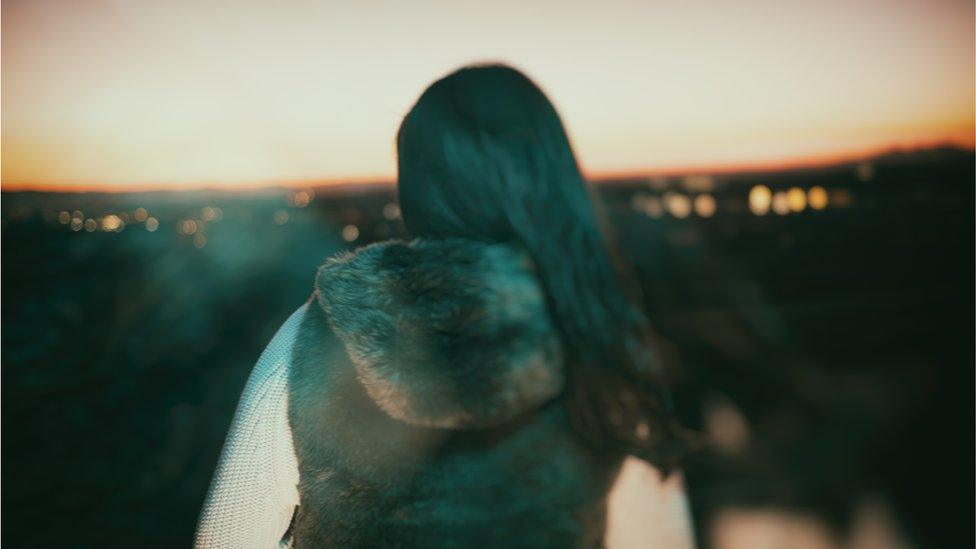Male-violence survivors are re-educating men to prevent harm
- Published
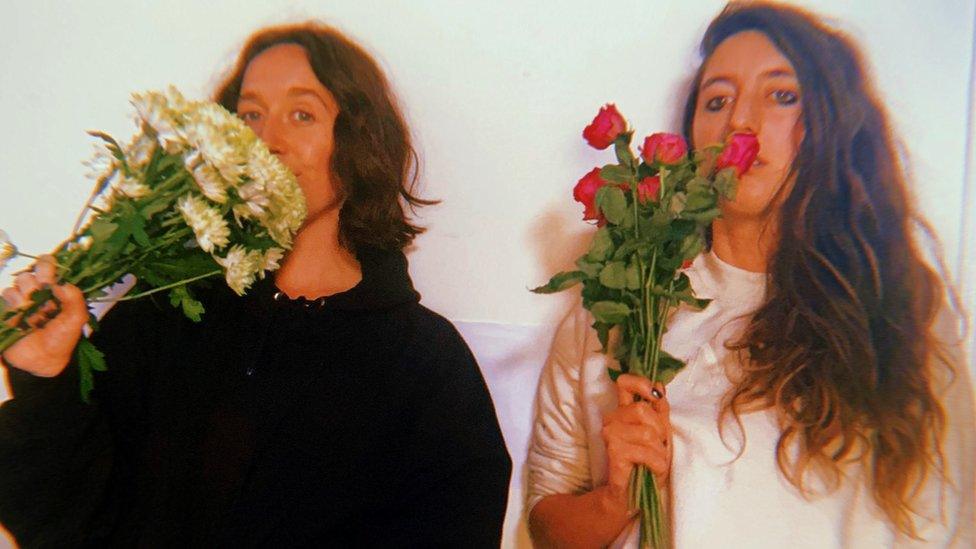
Survivors Leading Essential Education and Change works towards "radical approaches to recovery and survivor identity"
Survivors of male violence are re-educating perpetrators and others to prevent harm and fight rape culture.
Bryony Ball and Meggan Baker, also known as The Disobedient Survivors, worked in anti-trafficking, domestic abuse and women's support services as case workers for many years in Bristol.
But during their careers, they say they witnessed failings in a sector lacking in a "survivor led approach", with "damaging and disempowering" views on what perpetrators and survivors look like.
They have since started their own Bristol-based organisation called Survivors Leading Essential Education and Change (SLEEC).
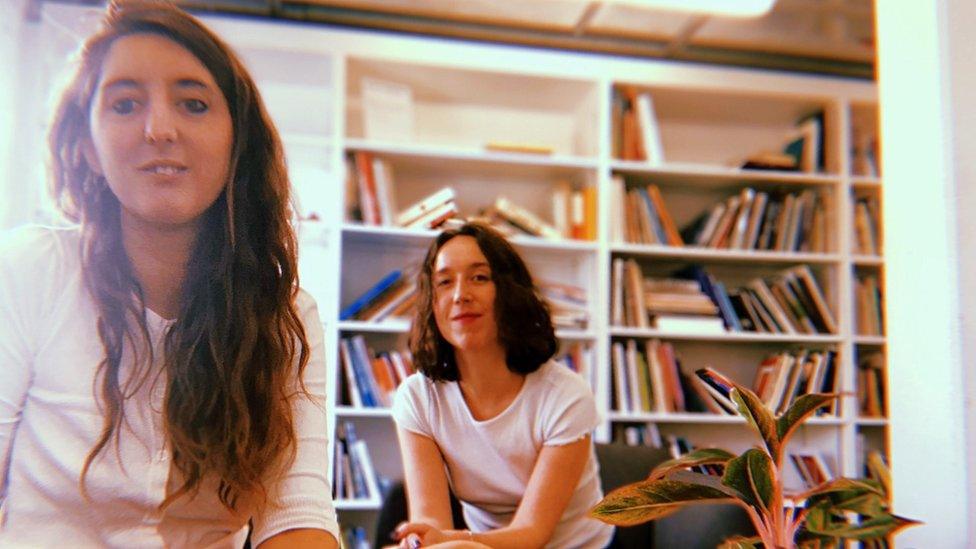
Ms Ball (pictured left) said they started their own gender-based violence support organisation after feeling "unheard" when accessing services themselves
Ms Ball said the organisations they had previously worked with only focused on survivor support.
"Anything around perpetrator work was ignored or the perpetrators or rapists were shown as one dimensional.
"As a faceless shadowy man in a hoodie and jeans holding a fist up to a woman and survivors were often de-sexualised," she said
"Survivors were tokenised in those spaces and we got tired of not feeling heard. So we left and quit our various roles."
In response, the pair devised workshop's called Dismantling Male Violence and Rape Culture: A Survivor Led Course For Men, which started out online during the pandemic.
The sessions included 30 male participants at a time and explored sexism, misogyny, patriarchy, rape culture, porn, sexual preferences, consent and erotic literature and art.
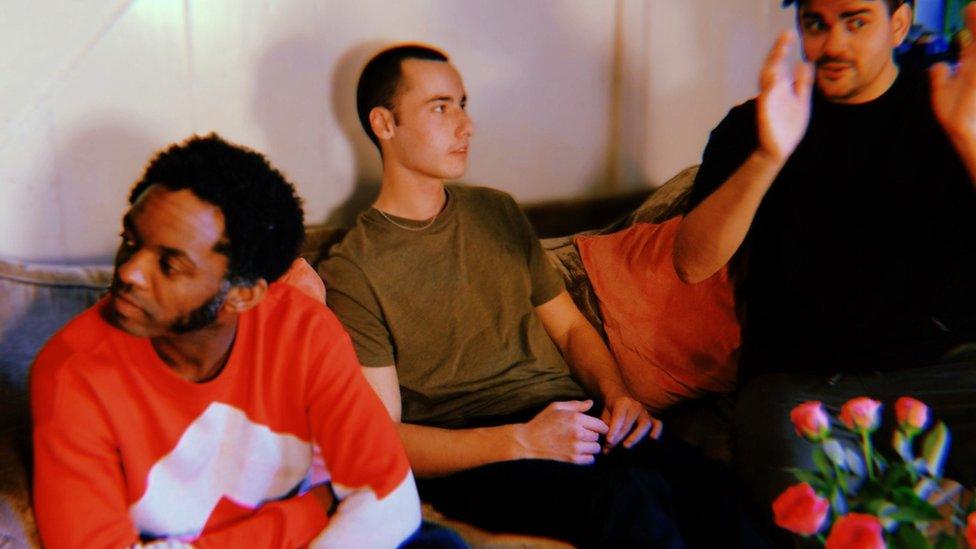
The online sessions continued working with participants from around the UK throughout the pandemic
"In our communities, when someone has caused harm, such as sexual assault, male violence, physical or emotional harm, nobody is able to see that person for having done that, because they don't match this idea of what a rapist or perpetrator looks like.
"When it's somebody like our friend we think, well how could they do that? That leads to many survivors not being believed.
"There's no space to recover from that one-dimensional idea of a monster being a rapist.
"We hope that our sessions help people be more equipped to support those around them when people they know are harmed," she added.
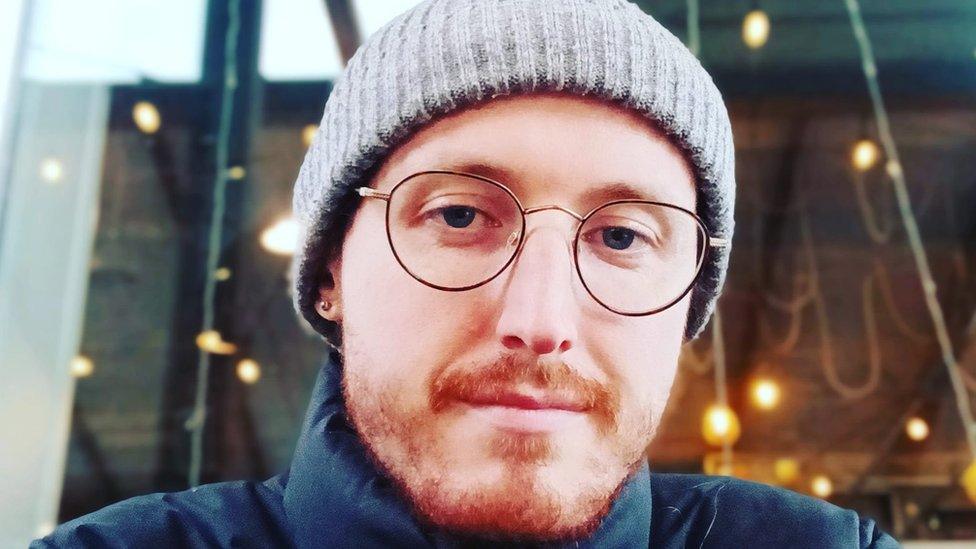
Course participant Blane Abercrombie said he had gained tools and information he could share with his friends
Blane Abercrombie, 30, from Glasgow, took part in the online sessions in 2021.
He was not a perpetrator, but said he chose to attend the sessions to improve his behaviour towards others.
"I had not long come out of a long-term relationship and decided that my willingness to learn and reflect on my behaviours as a man had stalled," he said.
"I was very worried that I had fallen into behaviours I wasn't exactly happy with."
He said he wanted to learn how to be a better ally and do something about it rather than "just acknowledge those behaviours".
During the sessions he said it was "a big thing" to be in a space where he could talk "without being judged".
"The thing that really got me during the sessions was that a lot of people felt the same.
"All people are flawed and it's about having the ability to listen and learn.
"There's very few of my male friends who would talk about the things that we covered," he added.
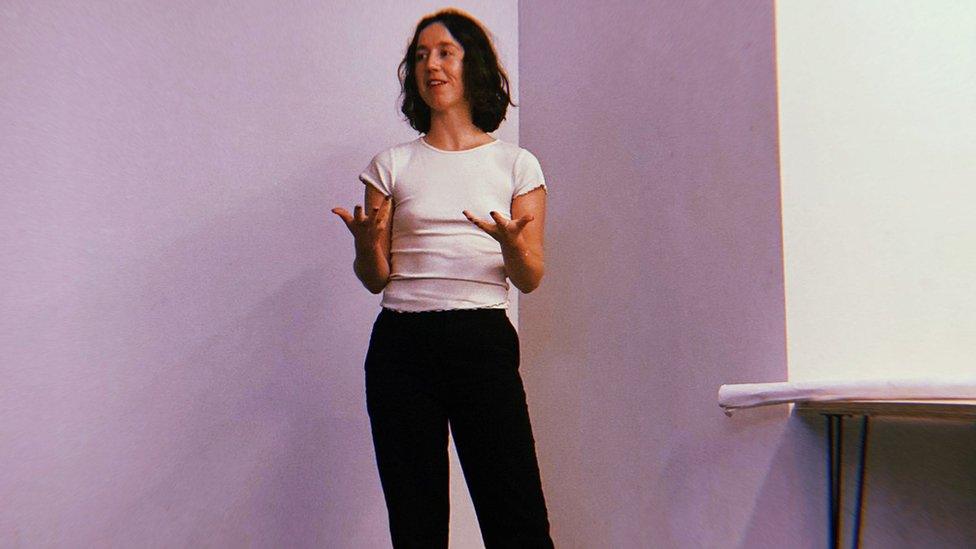
Ms Baker (pictured) said when she tried to access services as a survivor of male violence she felt "desexualised"
Ms Baker said "to recognise the root of how we prevent sexual harm and violence" means working alongside people who are "more susceptible to causing harm, which statistically speaking is men".
According to crime survey figures published in 2022, external by the Office for National Statistics, there were 2.4 million adults in England and Wales who experienced domestic abuse in 2021.
Almost three-quarters of the victims were women, facing abuse that includes violence, threatening behaviour, financial control and coercive behaviour.
Every year in the UK one-in-three victims are male, and half of male victims fail to tell anyone they are a victim.
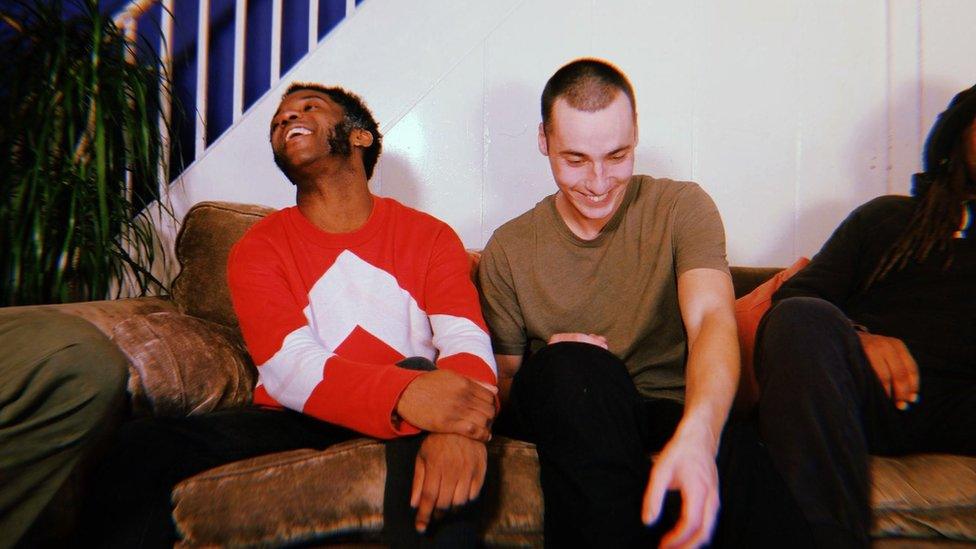
Ms Ball said the organisation has gained funding to run free in-person sessions
"In our workshops we explore acts we may not perceive to be violent, such as breaching someone's boundaries with a light touch.
"Actually, we all have the capacity to harm one another and understanding that can create some realisations for people."
Free in-person survivor-led courses for men are being launched at the Peoples Republic of Stoke Croft in Bristol from 14 January, external.

Information and support on domestic abuse
If you are affected by any of the issues in this article you can find details of organisations that can help via the BBC Action Line.
If you feel you are in immediate danger, call the police on 999 and to silently communicate you need urgent help then press 55 when prompted.
Online webchats and text services are also available.

Follow BBC West on Facebook, external, Twitter, externaland Instagram, external. Send your story ideas to: bristol@bbc.co.uk, external
Related topics
- Published21 September 2022
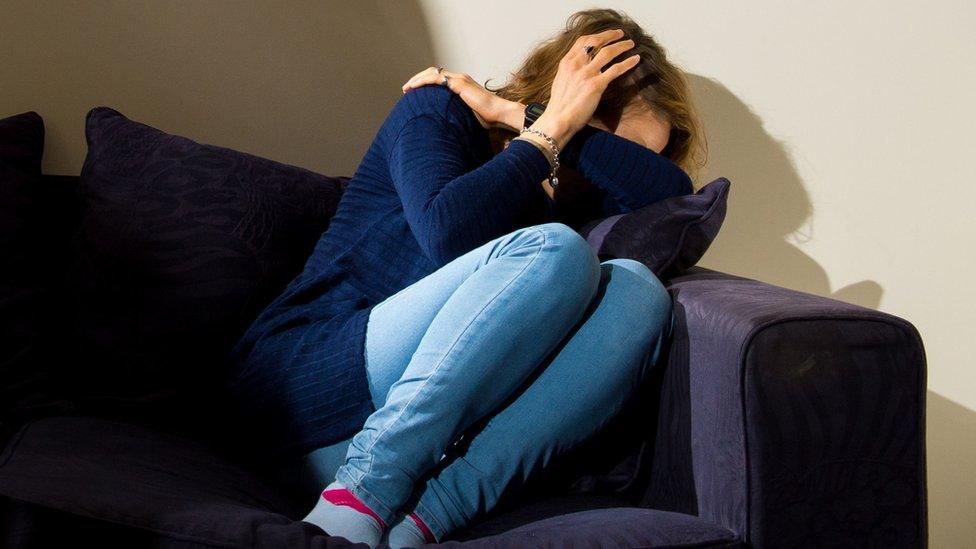
- Published31 March 2022
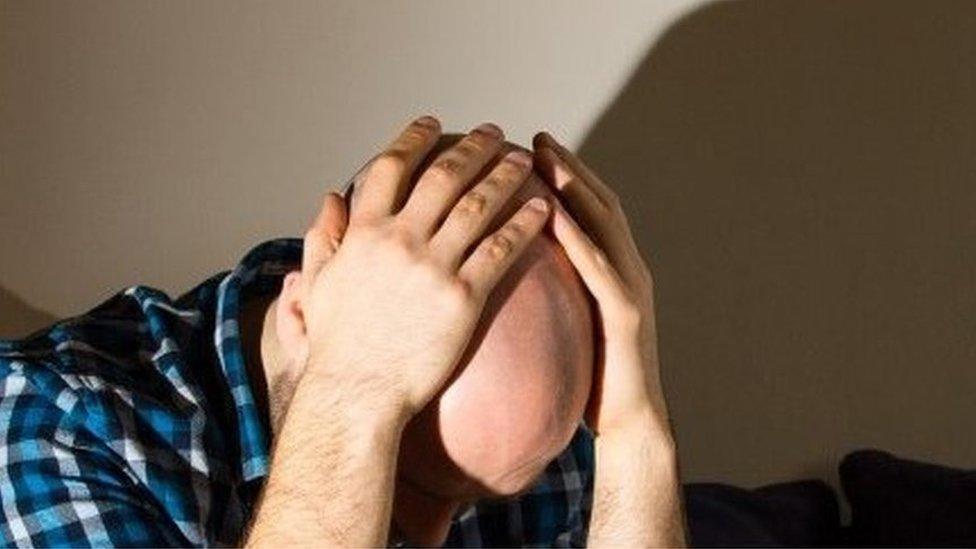
- Published10 March 2022
